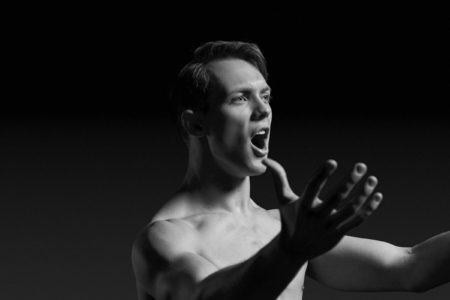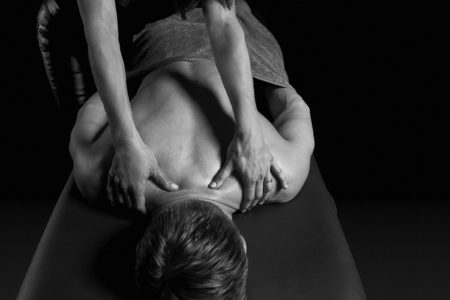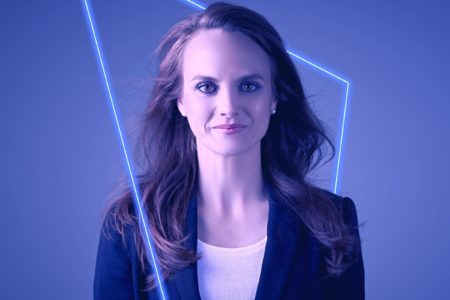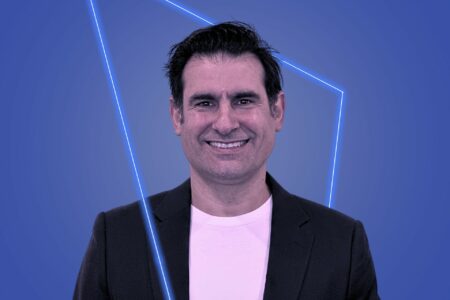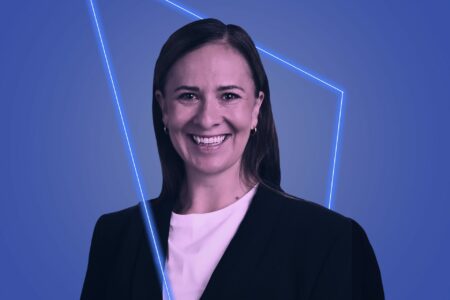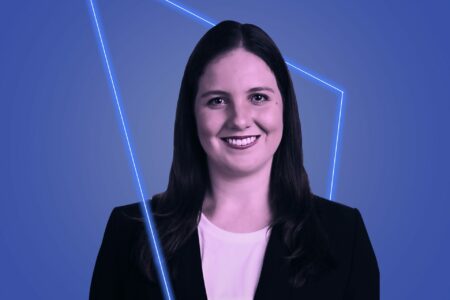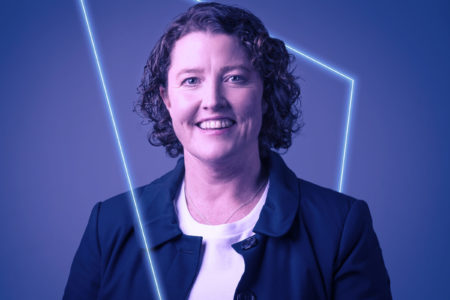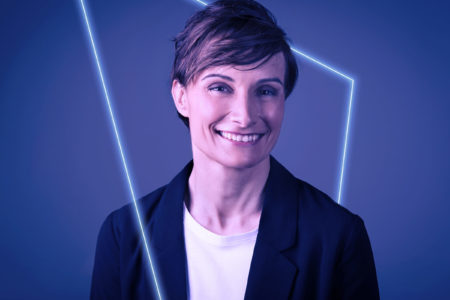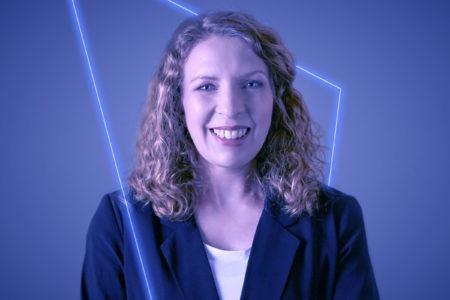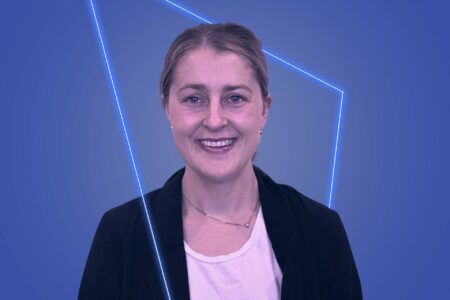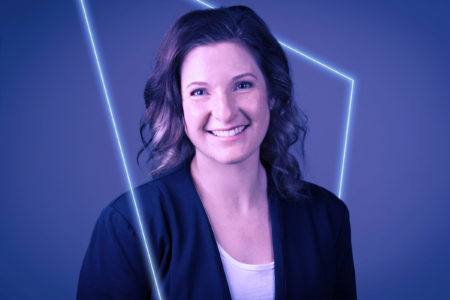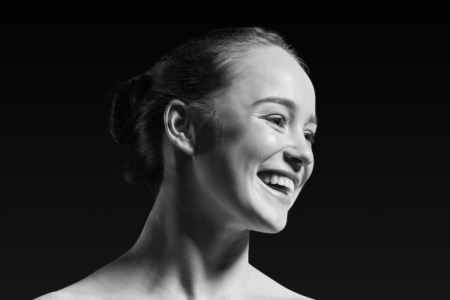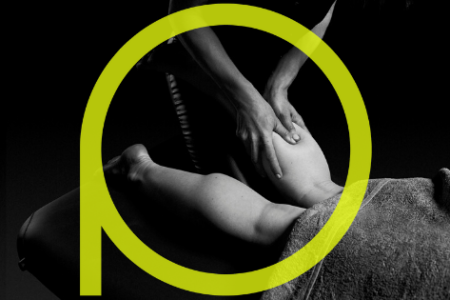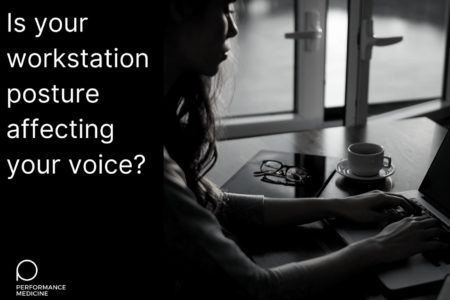Suite 3, Ground Floor, The Gateway,
312 St Kilda Road, Southbank, VIC, 3006
Voice Disorders
Performance Medicine pioneers in vocal physiotherapy, we understand the vocal disorders and treat them with the same expertise we apply to everything else.
Common Voice Disorders are;
- Muscle Tension Dysphonia
- Vocal Fatigue
- Vocal Nodules
Muscle Tension Dysphonia
Muscle Tension Dysphonia (MTD) is a voice disorder where you may experience changes in your voice quality due to tension of the structures of and around the larynx. Your voice may sound or feel breathy, husky, hoarse, breaking and effortful. It is not uncommon to experience muscular tension and tightness of the muscles around the larynx, neck and jaw.
Vocal Physiotherapy specifically assesses the structures of your neck and larynx for tension, discomfort and changes that may contribute to your voice disorder. Research has shown that manual therapy, breathing and postural retraining are effective in the management of MTD
Vocal Nodules
Vocal nodules are lesions located on both vocal folds that initially form as soft pliable tissue that can become harder over time. Vocal nodules are caused by vocal misuse in an acute situation or over a long period of time. If you have vocal nodules your voice may sound husky, breathy and feel effortful. These symptoms may create increased muscular tension in the structures surrounding the larynx and neck and Vocal Physiotherapy can target these areas to decrease tension. Your vocal physiotherapist will work with your Speech Pathologist and ENT consultant for your best outcome.
Vocal Fatigue
Vocal fatigue can be common in professional voice users such as teachers, customer service officers, hospitality workers and singers. Vocal fatigue is very common in singers, in particular the Music Theatre genre. When experiencing vocal fatigue you may have some voice changes and you will experience a “tired voice” that has tension in the area around the larynx and front of the neck. Vocal Physiotherapy will target the muscular structures and your postural biomechanics to ensure that your larynx is working in its most efficient and effective position.
It is important to be assessed by a Speech Pathologist and ENT consultant if you are experiencing these symptoms and your physiotherapist will collate with your consultants for the best outcome.
Related Practitioners
Annie Strauch (she/her)
Managing Director - Titled Physiotherapist - MACP
Nino La Scala
Titled Physiotherapist
Elise McMahon (she/her)
Physiotherapist
Letitia Reus (she/her)
Physiotherapist - APAM
Elissa Petesic (she/her)
Physiotherapist - APAM
Maria Anagnostou (she/her)
Clinical Director Sydney - Titled Physiotherapist, MACP
Zeba Haroon (she/her)
Physiotherapist
Chris Minto (she/her)
Senior Physiotherapist
Polly Dhar (she/her)
Senior Physiotherapist - APAM
Nicole Reynolds (she/her)
Senior Physiotherapist - APAM
Stacey Kipouridis (she/her)
Physiotherapist - APAM
Catherine Etty-Leal (she/her)
Clinical Director Melbourne - Titled Physiotherapist, MACP
Rhea Torres (she/her)
Physiotherapist - DPT. BNSc. BSc.
Emily McLean (she/her)
Physiotherapist - B.Physio Adv. (Hons), Masters of Sport Physio
Stephanie Zamoyski (she/her)
Senior Physiotherapist - B..HthSci & M.Phty
Dr Brea Kunstler
Physiotherapist & Run Coach

